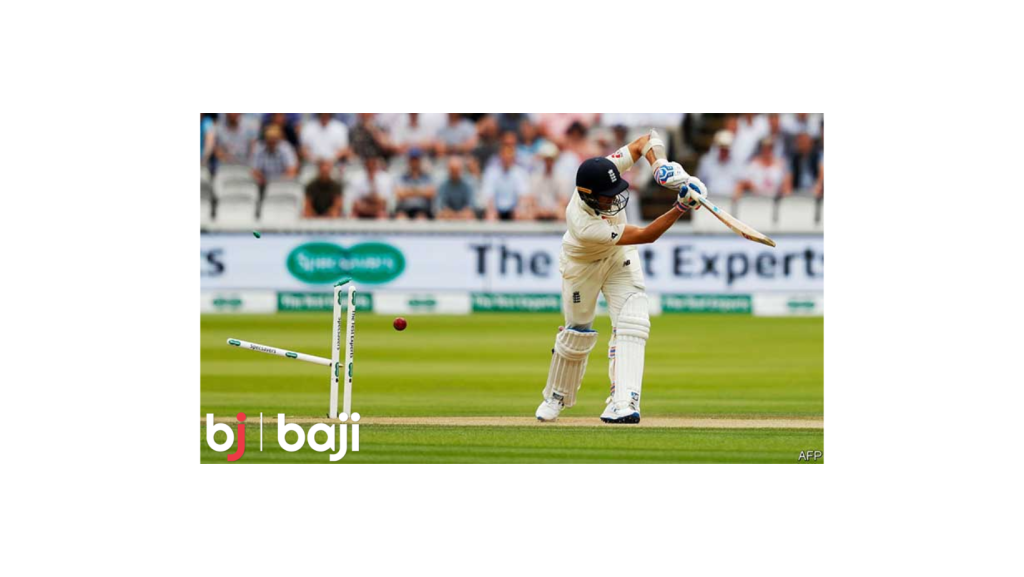Pitch conditions, weather, team composition, player form, and strategy are some factors that can affect the outcome of a cricket match.

There are several factors that can affect the outcome of a cricket match:
- Team strengths: The relative strengths and weaknesses of the two teams involved has a major impact on the match result. The stronger team on paper is more likely to win.
- Recent form: The recent form and performance of the teams also matters. If a team has been on a winning streak, they are more likely to be confident and continue their good form. Teams in poor form are more prone to losing.
- Pitch and conditions: Some teams are better suited to certain pitch types and conditions. Teams with more fast bowlers may prefer bouncy pitches, while spin-heavy teams prefer turning pitches. Weather conditions like overcast skies may also favor seamers. So the pitch and weather play a role.
- Toss: In some conditions, winning the toss can be advantageous as the pitch may deteriorate over the course of the match. The team that wins the toss and chooses to bat/bowl first may gain an edge. However, the impact of the toss depends a lot on the specific pitch and match.
- Team balance: A team with a balanced lineup of quality batsmen, bowlers and all-rounders is more likely to perform well and win matches. Teams with glaring weaknesses in some areas can be exploited by opponents.
- Key players: The presence or absence of certain impact players can influence the outcome of a match. When a team’s great batters or bowlers are unavailable, it becomes tough to win, especially if the opposition’s key players are available.
- Psychological factors: Team morale, confidence, motivation levels, dressing room atmosphere, and other psychological aspects all influence how a team plays on the field. Positive psychological elements favor one team over another.
Course Elements:
There are of course elements of chance and randomness in any sport. But in general, the team that has more in their favor across these 7 factors – team strengths, current form, pitch conditions, winning the toss, team balance, key players, and psychology – is more likely to emerge victorious. Bettors and fans would do well to consider all these aspects before predicting the outcome of a cricket match.
Modern cricket is being shaped by data analytics.
When Test cricket was the only format, keeping score of runs and wickets was the extent of data analytics. Then, as ODIs evolved, indicators such as strike rates and economy rates appeared. Throughout history, video analysis has also played an important role in team strategy.
With the introduction of T20 cricket, ball-by-ball data streams are being leveraged to generate real-time insights. In fact, analytics is a tool that can help you move your attention from traditional statistics like “runs scored” and “wickets taken” to ones like “value for the team” or “value for money.”
